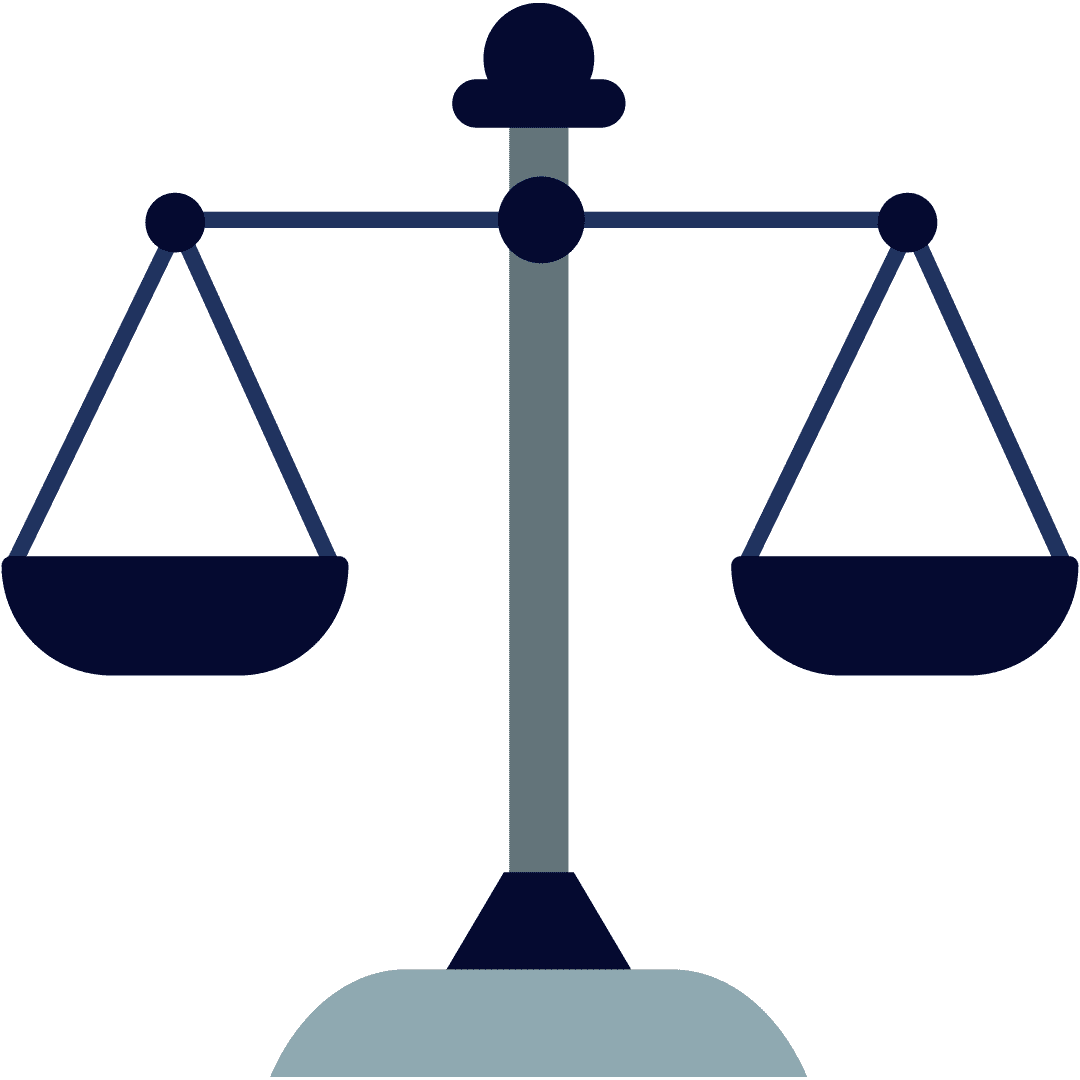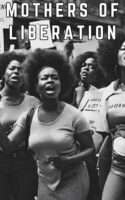As Mother’s Day has passed, we’re reminded not only of the love and care that mothers provide but also of the journey towards freedom and justice that the courageous actions of women have shaped.
These individuals stand out as beacons of resilience, courage, leadership, and responsibility for their own destiny and that of others.
Their contributions have left an indelible mark on the nation’s narrative, inspiring generations and driving progress.
In light of this, four South African women have significantly influenced the course of history, and their stories warrant greater attention:
Lilian Ngoyi: Despite her pivotal role in the fight against apartheid in South Africa, there is limited information about Lilian Ngoyi’s life. As the “Mother of the Black Resistance” in South Africa and the first female member of the national executive committee, she served as a central leader of the African National Congress (ANC), the resistance organisation that eventually transitioned into the democratic government of South Africa.
She notably led the renowned Women’s March across the nation. By daring to enter the whites-only area of a Johannesburg post office, Ngoyi risked a three-year prison sentence. She quickly rose through the ranks and forged a lifelong friendship with trade unionist and activist Helen Joseph when she joined the recently established Federation of South African Women (Fedsaw). Fedsaw, a broad alliance of women’s organisations, coordinated the 1956 march, which Ngoyi and Joseph led.
UCT politics graduate Zethu (25) remarks, “It comes as no surprise that Lilian was regarded as the mother of black freedom. She was phenomenal in her work and determination against the limitations that Apartheid placed on Black women and families. She paved the way, but we really lack this determination in 2024.”
Ruth First: Born into the white middle class, Ruth First chose a riskier and more challenging path of political struggle and resistance rather than maintaining her distance. Her moral and political commitment to opposing racism translated into tangible action. Joining the small team of activists writing the Freedom Charter—a historic declaration of intent to establish a “united, democratic, and non-racial” South Africa—before reaching her thirties demonstrated her dedication.
Ruth advocated for political engagement preceding the ANC’s armed turn, though she didn’t inherently oppose it. She firmly believed in revolutionary change for society but refrained from endorsing violence. Despite being unable to continue living and working in her homeland, she continued utilising education, teaching, and field research as a journalist.
UCT politics graduate Shika (24) emphasises, “If we talk about courage, we talk about Ruth. She was devoted to serving Black people, driving social action through practical means of thorough investigation, and didn’t back down until the end.”
Charlotte Maxeke: Charlotte Maxeke rose to political prominence as the leader of a group of women protesters against a proposal to include women in the pass system—a system used to control the movement of Black, Indian, and Coloured people in South Africa. Consequently, she initiated the Buntu Women’s League, which organised widespread protests against passes for women nationwide. Maxeke advocated for conferences that brought together Africans and Whites to address African women’s challenges.
She also proposed opening juvenile courts to hear cases involving minors, recognising how children were treated as adults, and insisted on appointing women as magistrates in these courts.
UCT Politics graduate Ayanda (23) notes, “What was significantly powerful about Maxeke is that she was very observant and understood that an impact on women’s representation would only be made through gathering other women that stood for the same cause, gender equality. There was no other way, and she achieved that through working tirelessly.”
Albertina Sisulu: Albertina Sisulu was the only female participant at the African National Congress Youth League’s 1944 founding convention. Initially hesitant to join the organisation due to its perceived focus on young men, she eventually assumed leadership roles in the ANC and the Federation of South African Women (Fedsaw) in the 1950s after joining the ANC Women’s League.
1956, as an organiser, she participated in the historic anti-pass women’s march and advocated against subpar “Bantu” education. After graduating from midwifery school in 1954, she encouraged women to join the federation by distributing Fedsaw literature to patients’ homes, demonstrating her unwavering commitment to the cause. Despite facing harsh repression, she continued to use her work to advance the struggle.
UCT politics tutor Maria (27) reflects, “The individuals she was ensuring justice for were cared for above all else, and she built a healing system that promoted so much care, which was a quality that was not common during the Apartheid years.”
These remarkable women made invaluable contributions to the struggle for freedom and equality in South Africa, leaving a lasting impact on the country’s history and inspiring future generations.
Their legacies continue to influence activism and advocacy for social justice in South Africa today. Their actions have inspired current and future generations to challenge injustice, fight for equality, and work towards a more just and inclusive society.
How do you think Lilian Ngoyi, Ruth First, Charlotte Maxeke, and Albertina Sisulu’s legacies continue to influence activism and advocacy for social justice in South Africa today?



